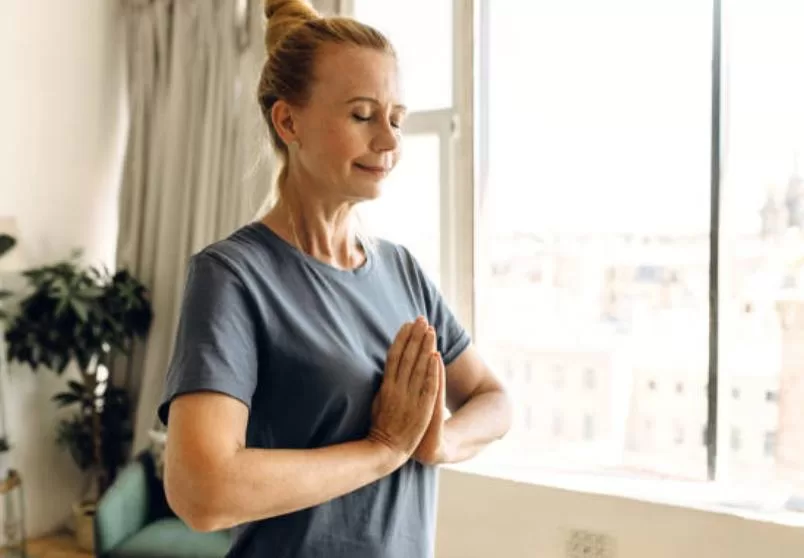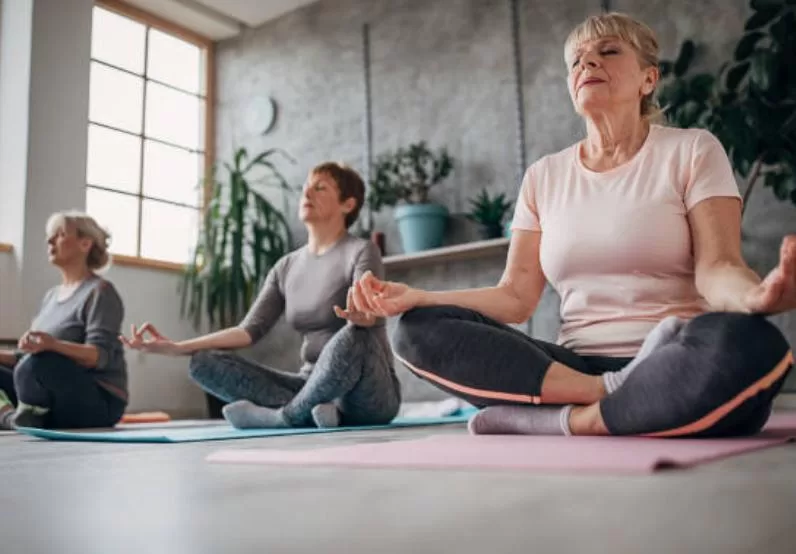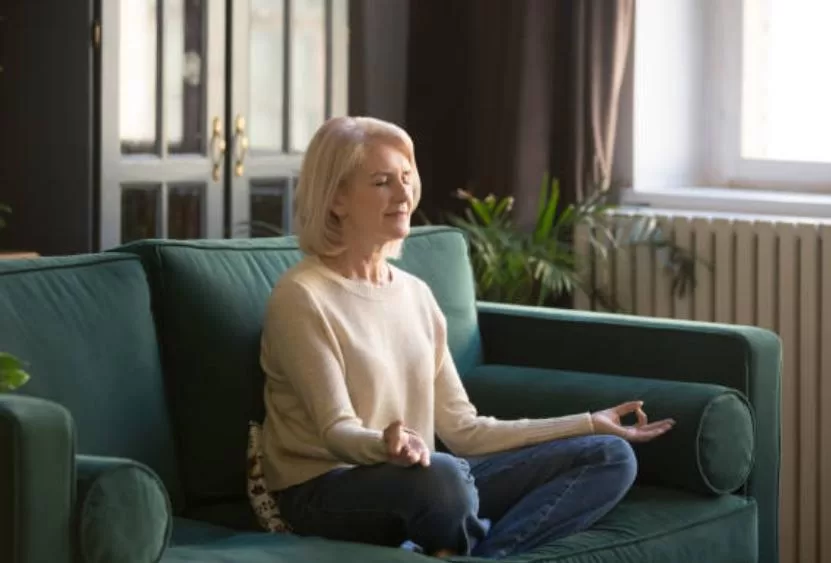How Can Meditation Be Used to Improve Coping Skills?

Selfpause Affirmation App
Download the app to get 1,000’s of affirmation meditations and everything you need to write, record and listen to your own.
Meditation has been practiced for thousands of years to promote both mental and physical well-being. One of the primary advantages of meditation is its capacity to increase coping skills. Coping skills are the mental and emotional tools we employ to deal with adversity, stress, and problems. We are better able to handle difficult situations and recover from setbacks when we have excellent coping abilities. Meditation can be a useful strategy for increasing coping abilities and overall well-being.

The first step in utilizing meditation to improve coping skills is to define coping skills. Coping skills are the mental and emotional tools we employ to deal with adversity, stress, and problems. Problem-solving, communication, self-care, time management, and relaxation techniques are examples of such abilities. We are better able to handle difficult situations and recover from setbacks when we have excellent coping abilities.
Meditation can help you cope better by encouraging calm and lowering stress. Focusing the mind on a single object, such as the breath, can assist to calm the mind and minimize the incessant buzz of thoughts that contributes to stress. Meditation, by focusing on the present moment, can also assist to lessen fear and anxiety about the future. This can bring about a sense of serenity and inner peace, which can be beneficial while dealing with challenging situations.
Mindfulness is one of the most well-known types of meditation. The discipline of paying attention to the present moment without judgment is known as mindfulness. This can be accomplished by concentrating on the breath, a mantra, or an object. The goal is to direct the mind’s attention to something neutral rather than something that is likely to cause worry or anxiety. This exercise can assist in reducing the constant chatter of thoughts, which can contribute to stress and worry. Being present in the moment allows you to get a greater understanding of yourself, your thoughts and emotions, and how to regulate them.
Transcendental Meditation is another type of meditation that can be utilized to improve coping skills. This technique involves using a mantra, or sound, to focus the mind. The mantra is mentally repeated, with the emphasis on the sound rather than the meaning of the phrase. This exercise can assist in reducing the constant chatter of thoughts, which can contribute to stress and worry. It can also assist to boost focus and concentration, which is useful when coping with stressful situations.

Yoga is another discipline that might help with coping abilities. Yoga is a mental and physical discipline that incorporates movement, breathing, and meditation. Physical exercise combined with deep breathing can assist to alleviate muscle tension and promote relaxation. Yoga can also help with flexibility, strength, and balance. When dealing with challenging conditions, this might be beneficial because it can promote general well-being and resilience.
Learning how to separate from unpleasant thoughts and emotions is another crucial part of utilizing meditation to improve coping skills. Difficult situations are frequently the result of unpleasant thoughts and emotions like worry, fear, and rage. Meditation can assist people in becoming more conscious of their unpleasant thoughts and feelings, as well as developing the ability to detach from them. This can be accomplished simply by observing thoughts and feelings without judgment, or by employing techniques such as visualization or reframing.
Visualization is an effective method for enhancing coping abilities. It entails visualizing a serene and relaxing scenario in your mind. This can be a beach, a forest, or any other location that provides peace and tranquility. By providing a mental vacation from the stresses of everyday life, visualizing this scenario can assist to decrease tension and anxiety. It can also aid to boost focus, concentration, and creativity, all of which are beneficial when coping with stressful situations.
It’s important to emphasize that meditation isn’t a fast fix for coping abilities; it takes time and effort to notice results. It is advised to begin with a little amount of time, such as 5-10 minutes per day, and gradually increase the duration to 20-30 minutes per day. It’s also crucial to select a quiet, comfortable, and distraction-free environment to meditate.

In conclusion, meditation is an effective method for enhancing coping abilities and fostering overall well-being. The mind can be quieted and the incessant chatter of thoughts that contributes to stress minimized by focusing the attention on a single object, such as the breath, or by practicing mindfulness or Transcendental Meditation. Yoga and other disciplines that mix physical movement and deep breathing can also help to improve coping skills. Regular practice can lead to major increases in coping abilities and overall well-being.
